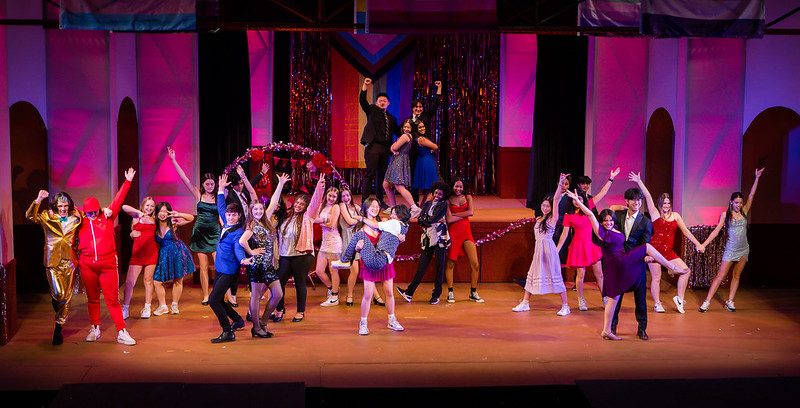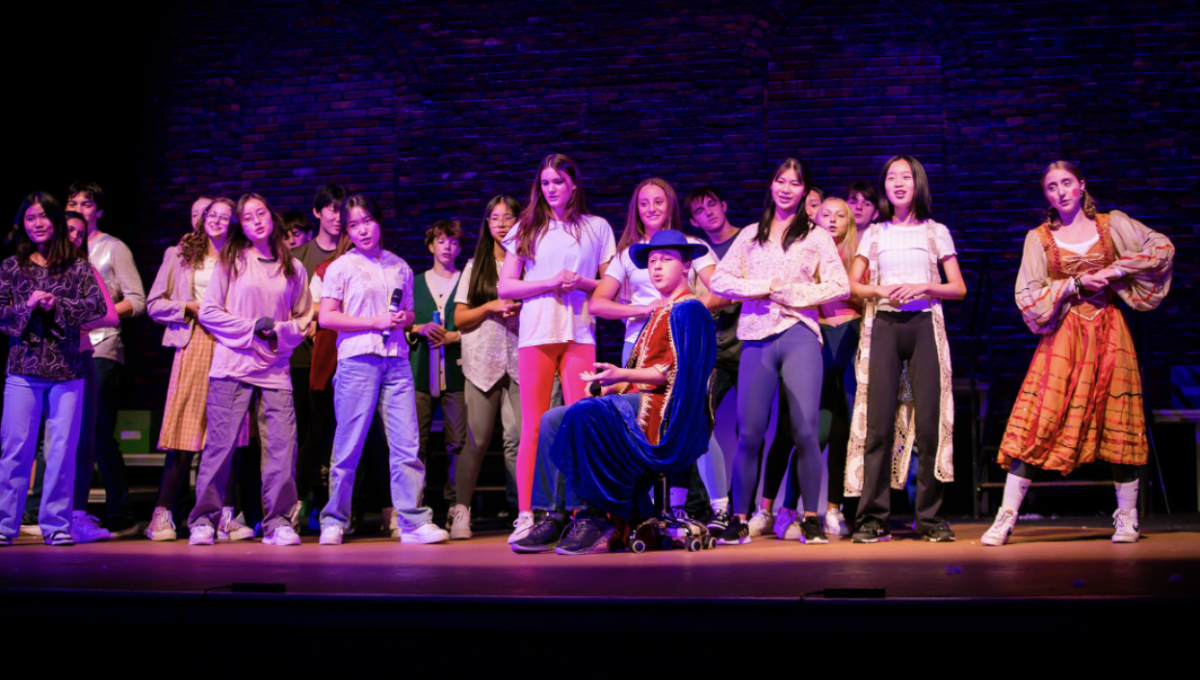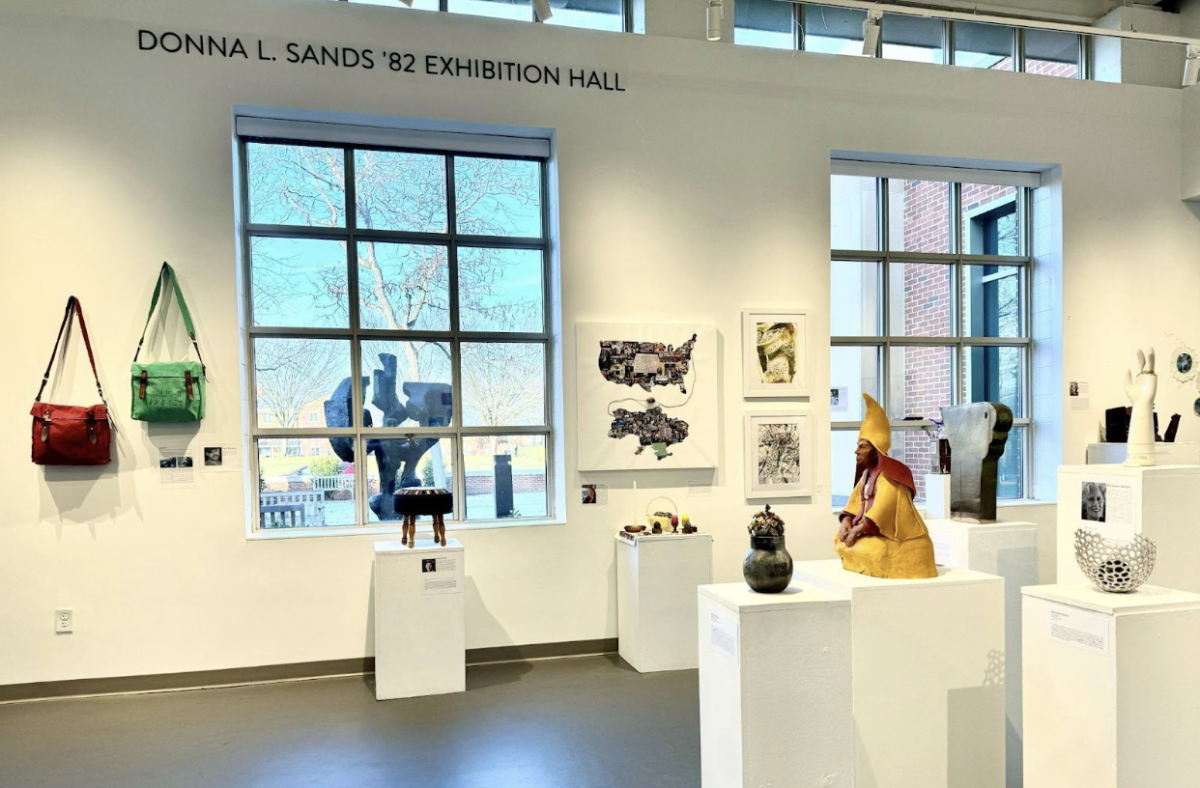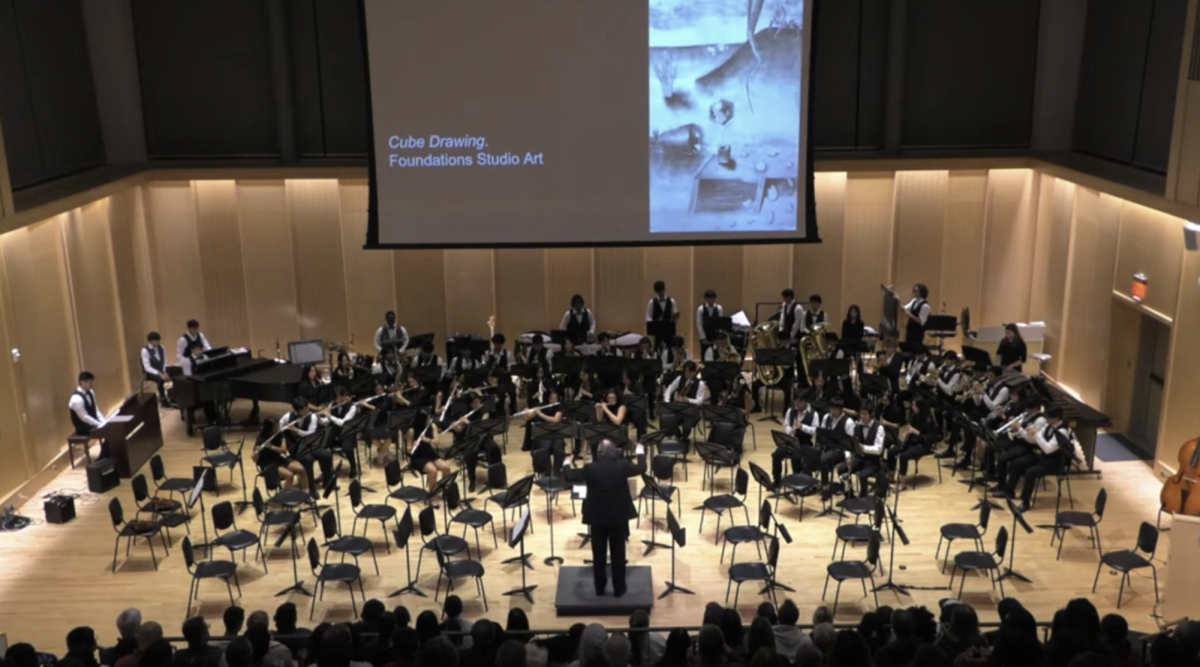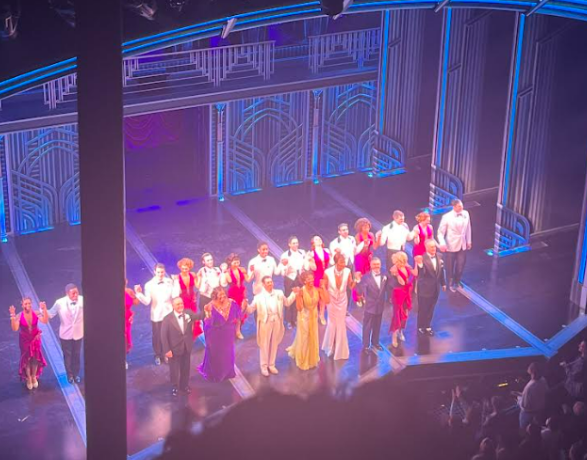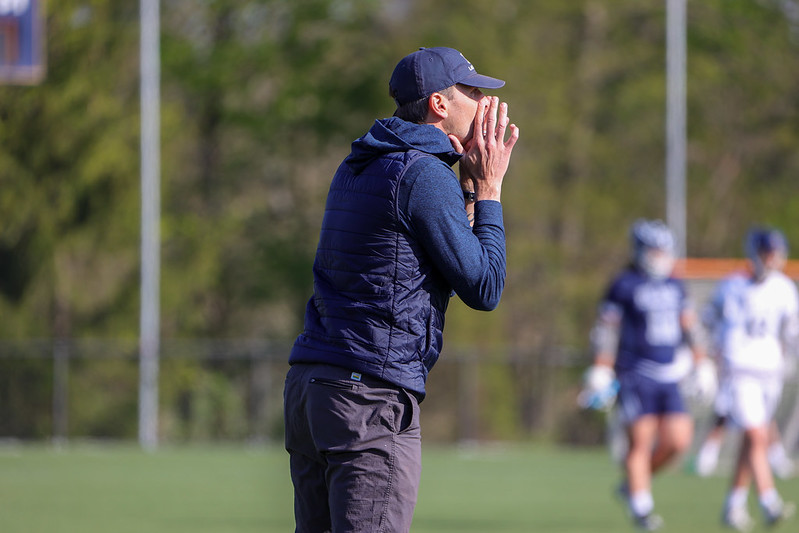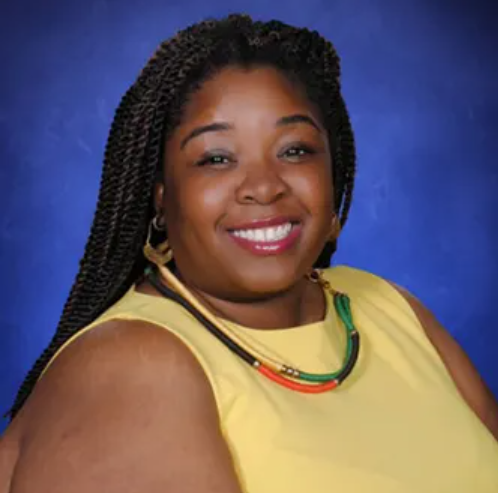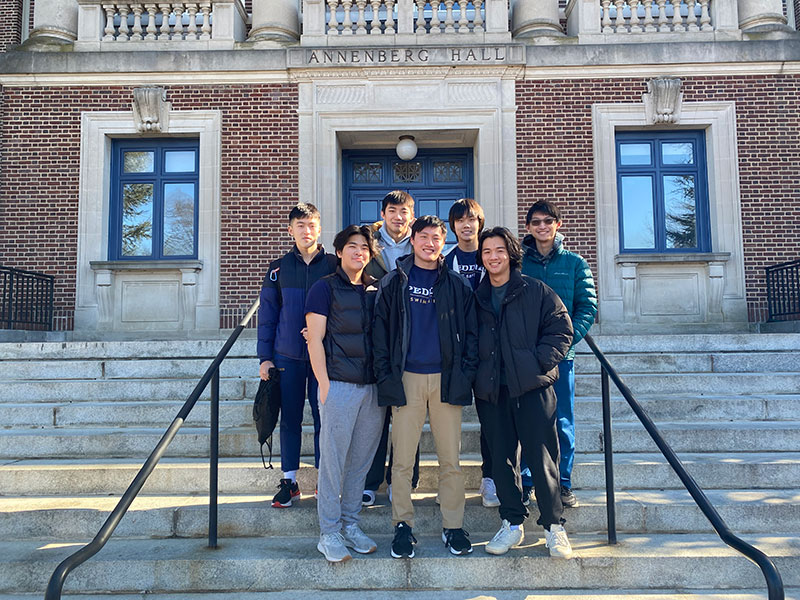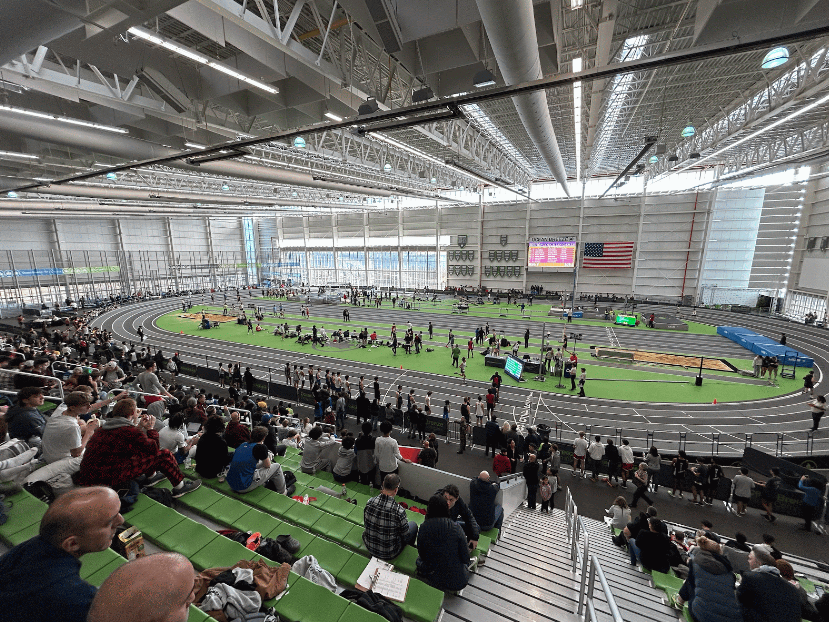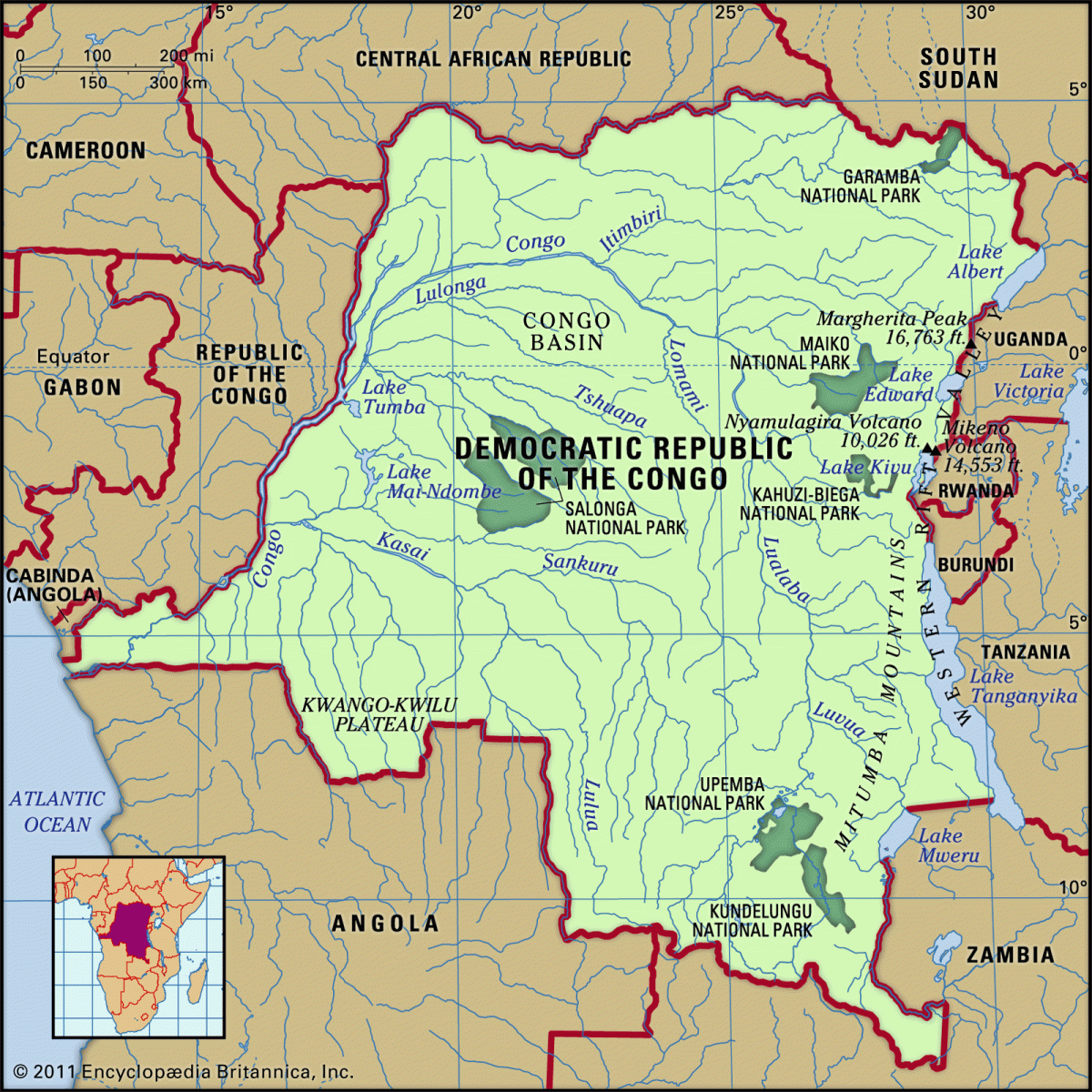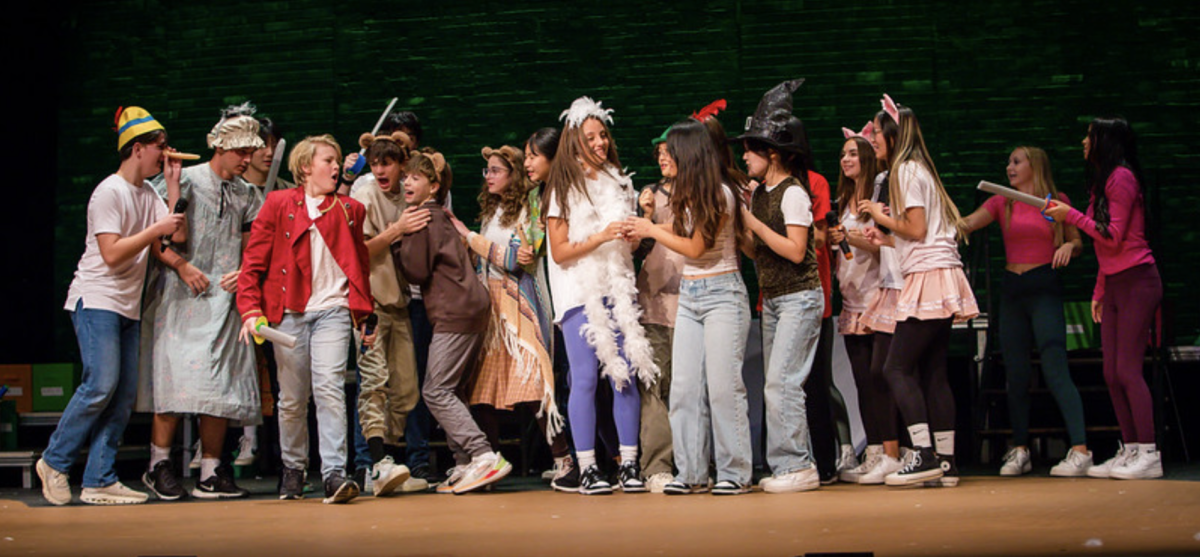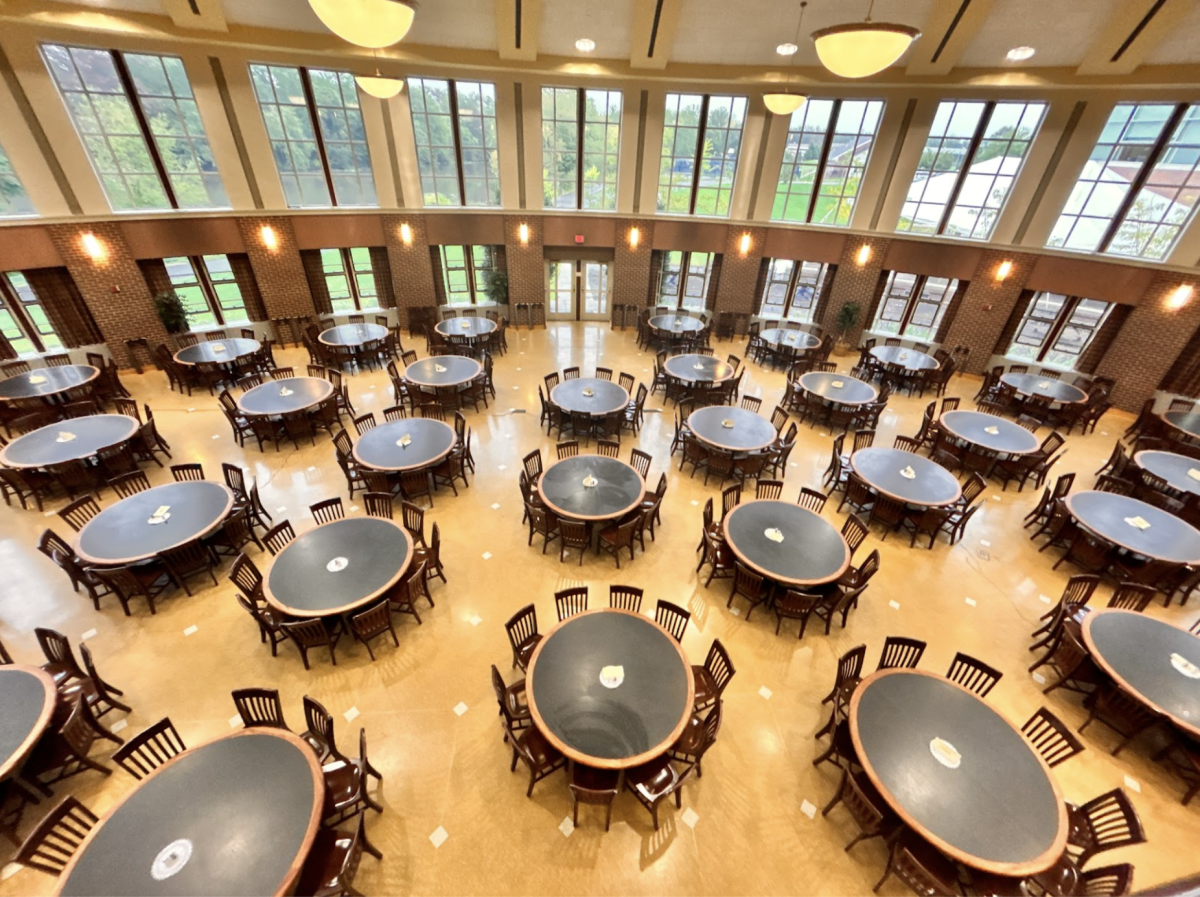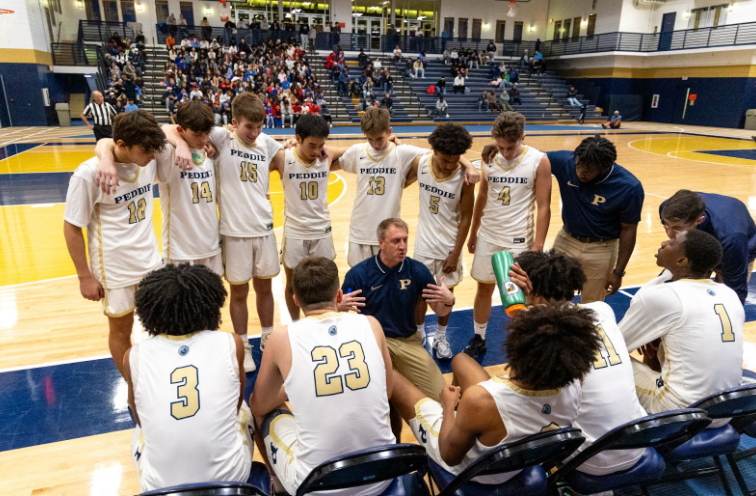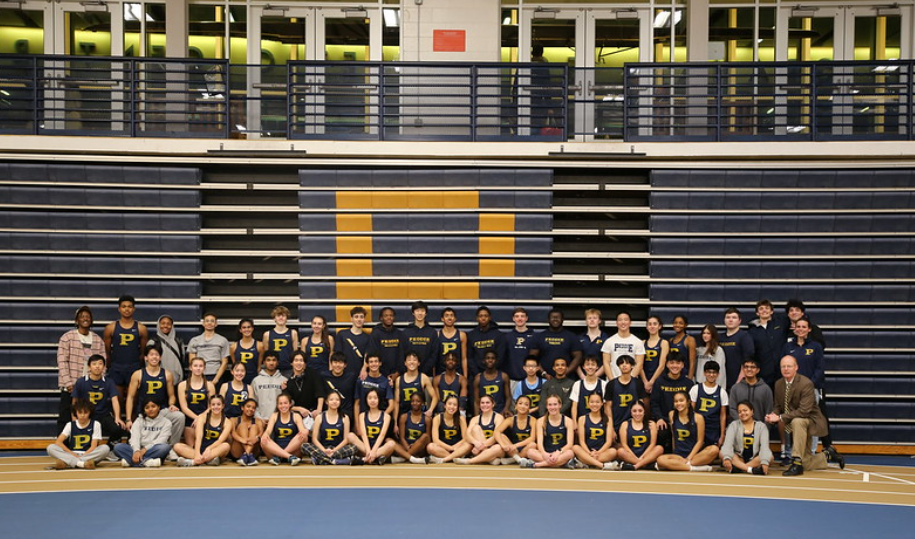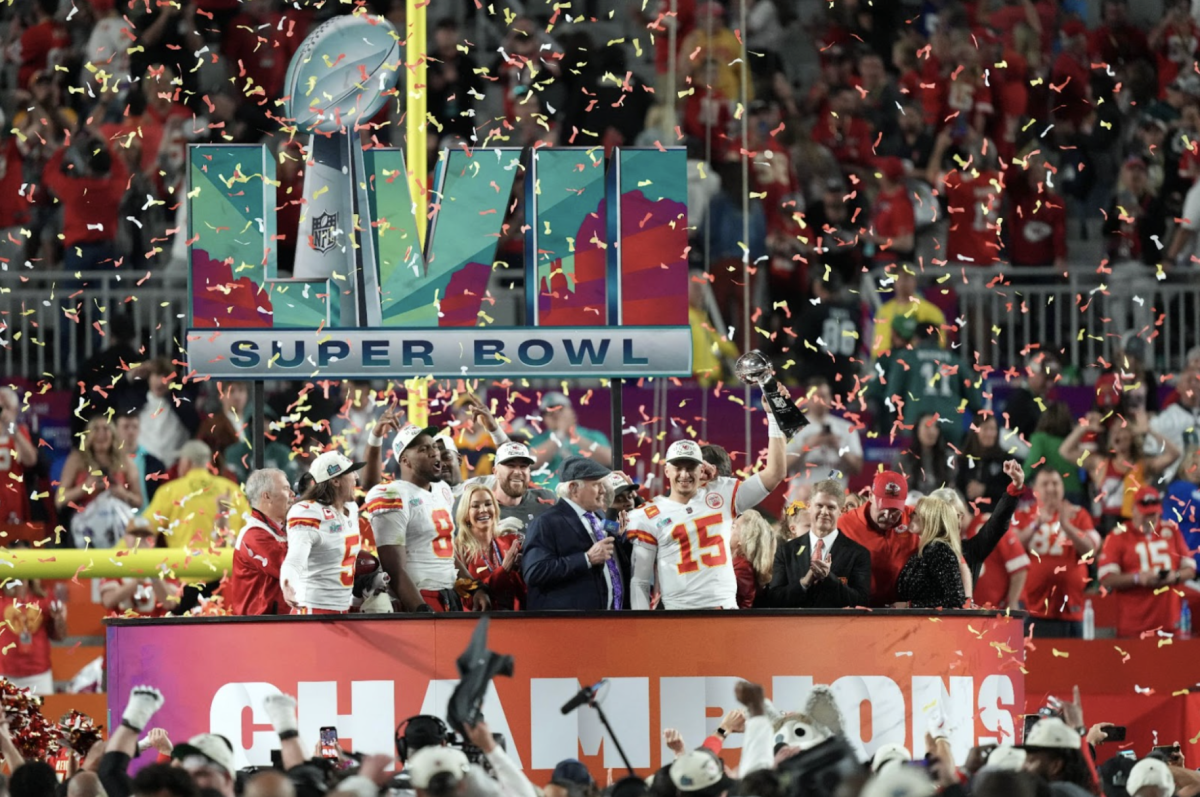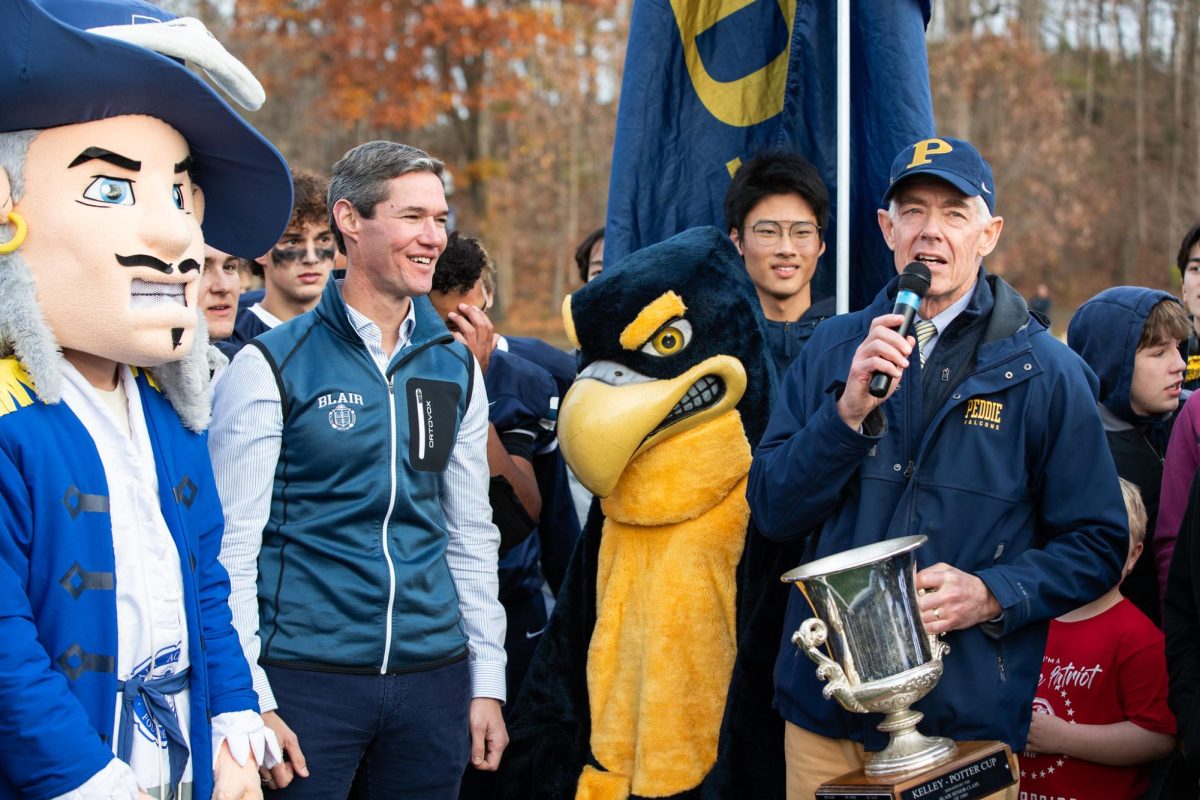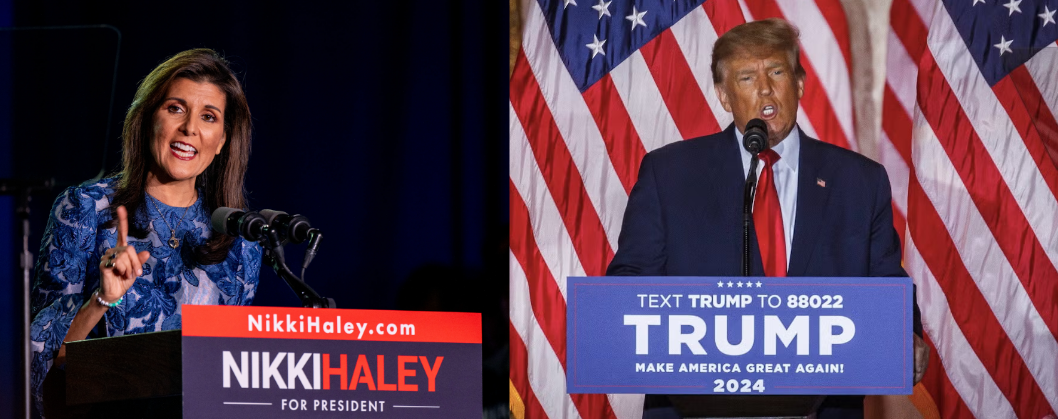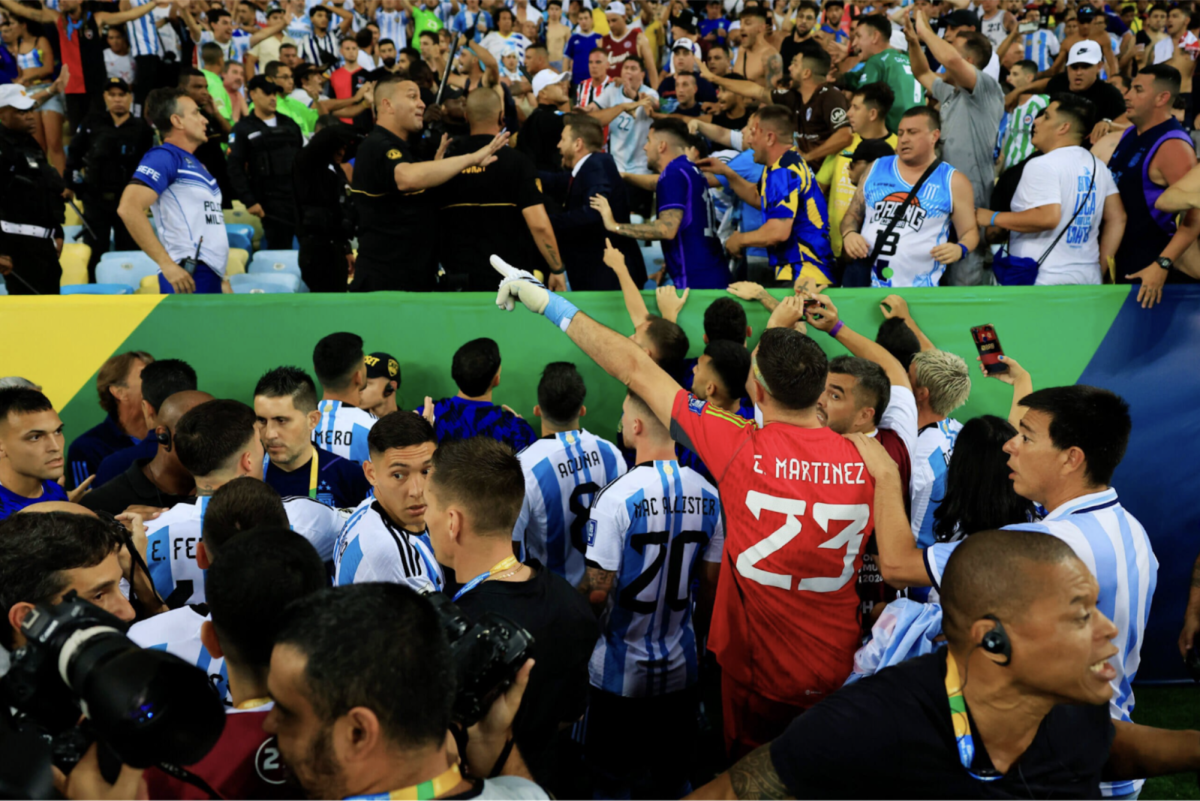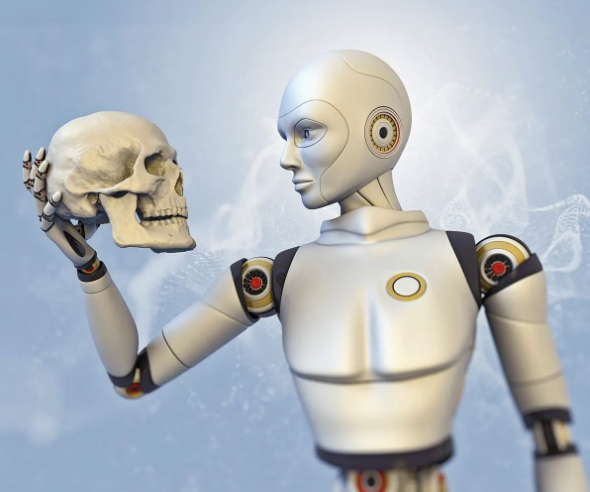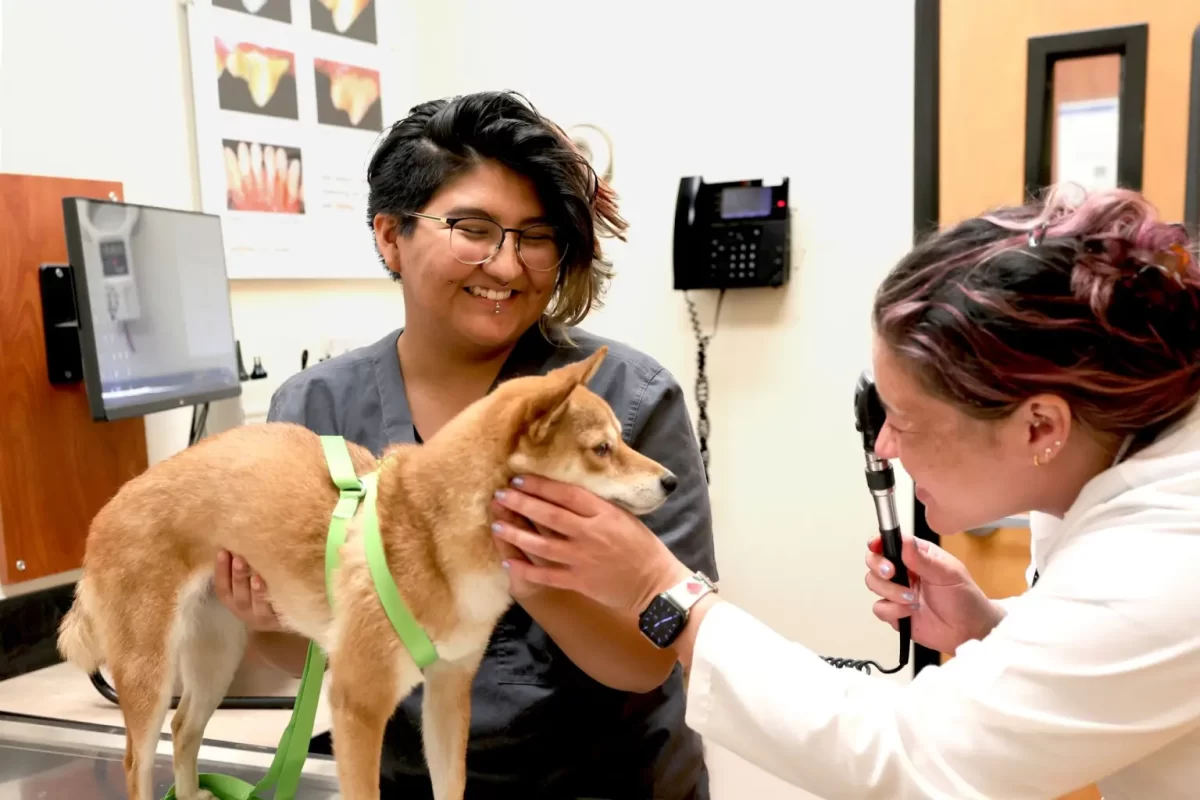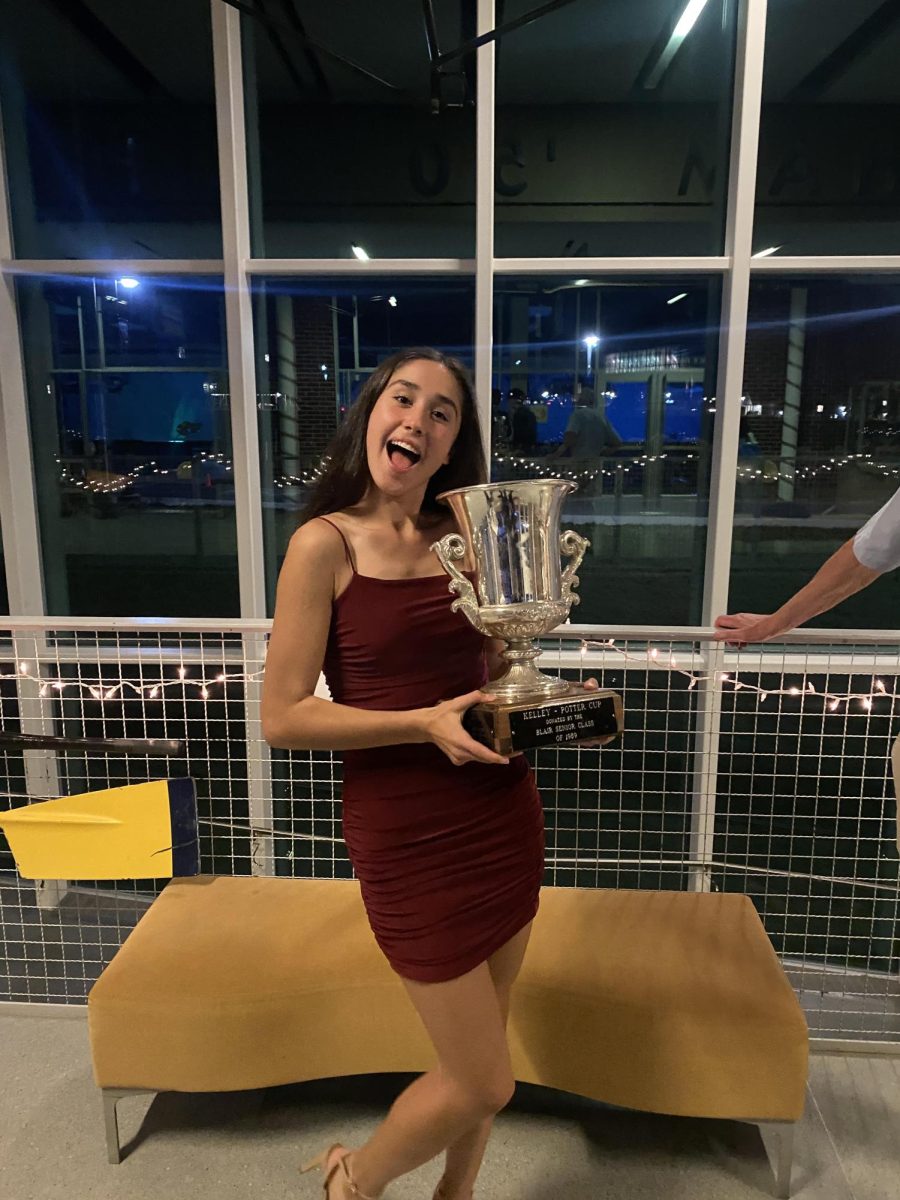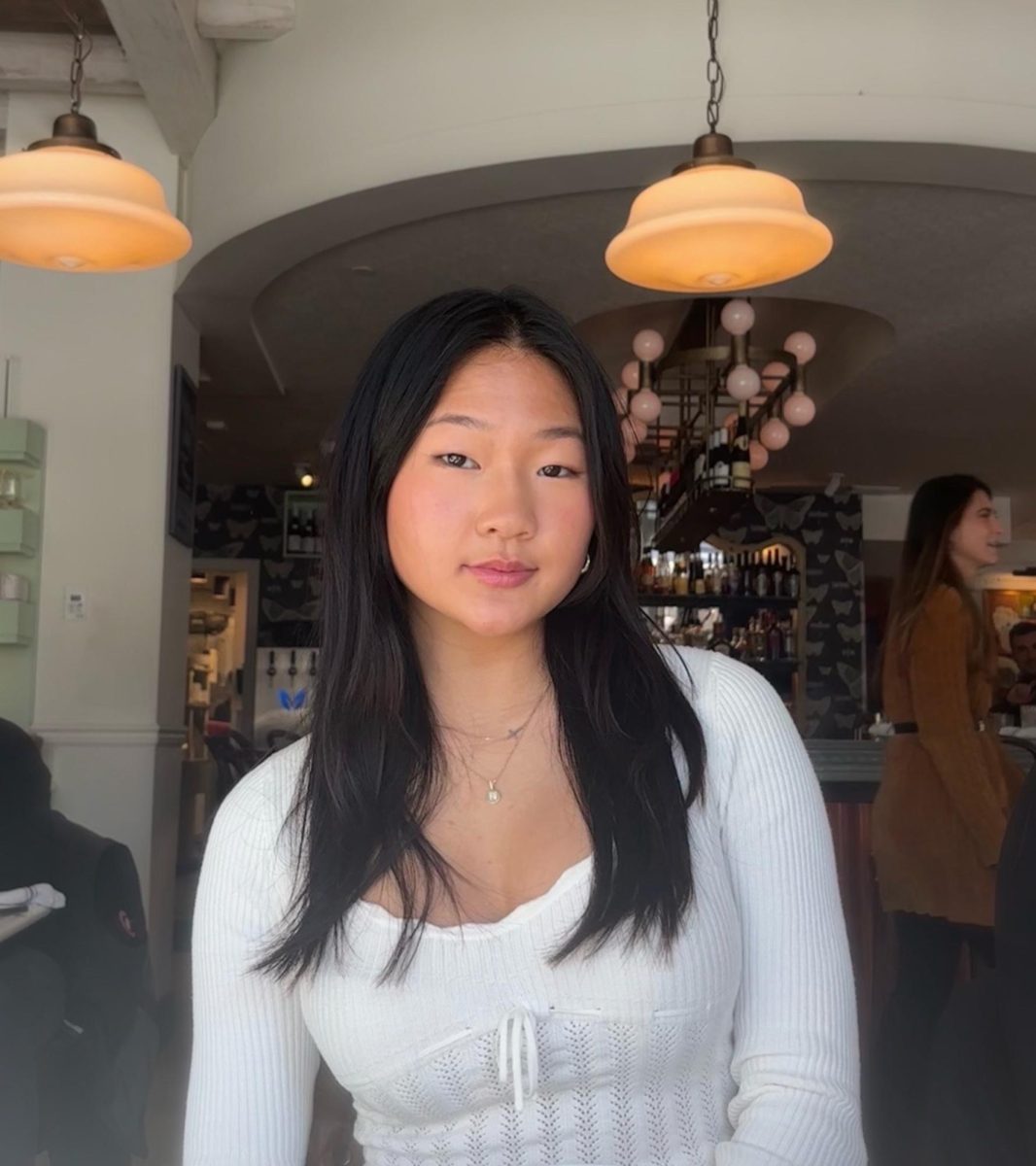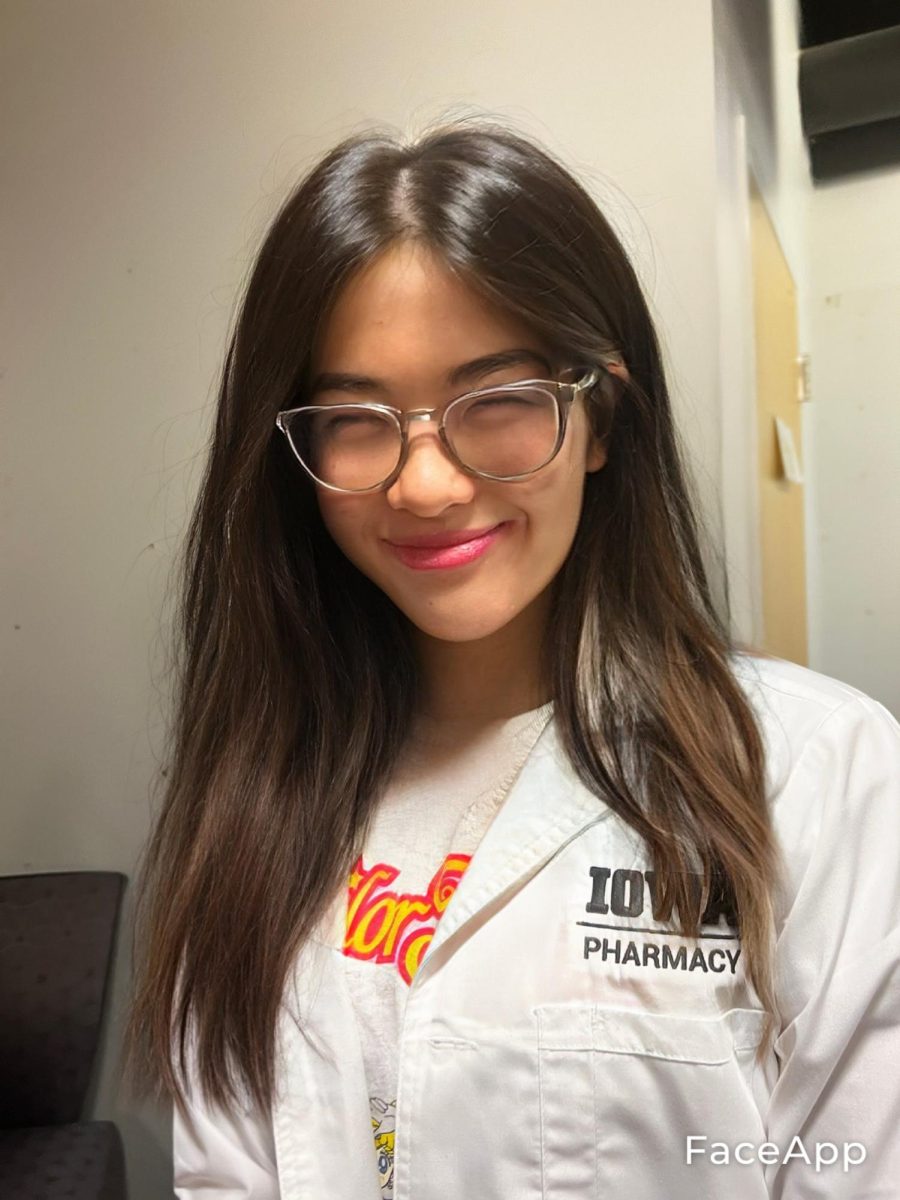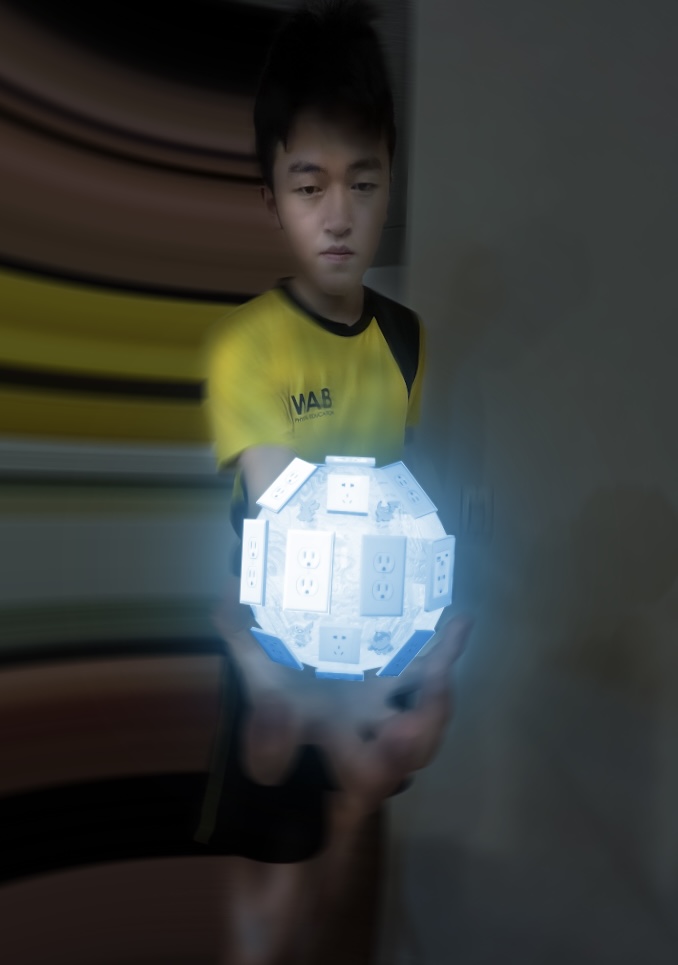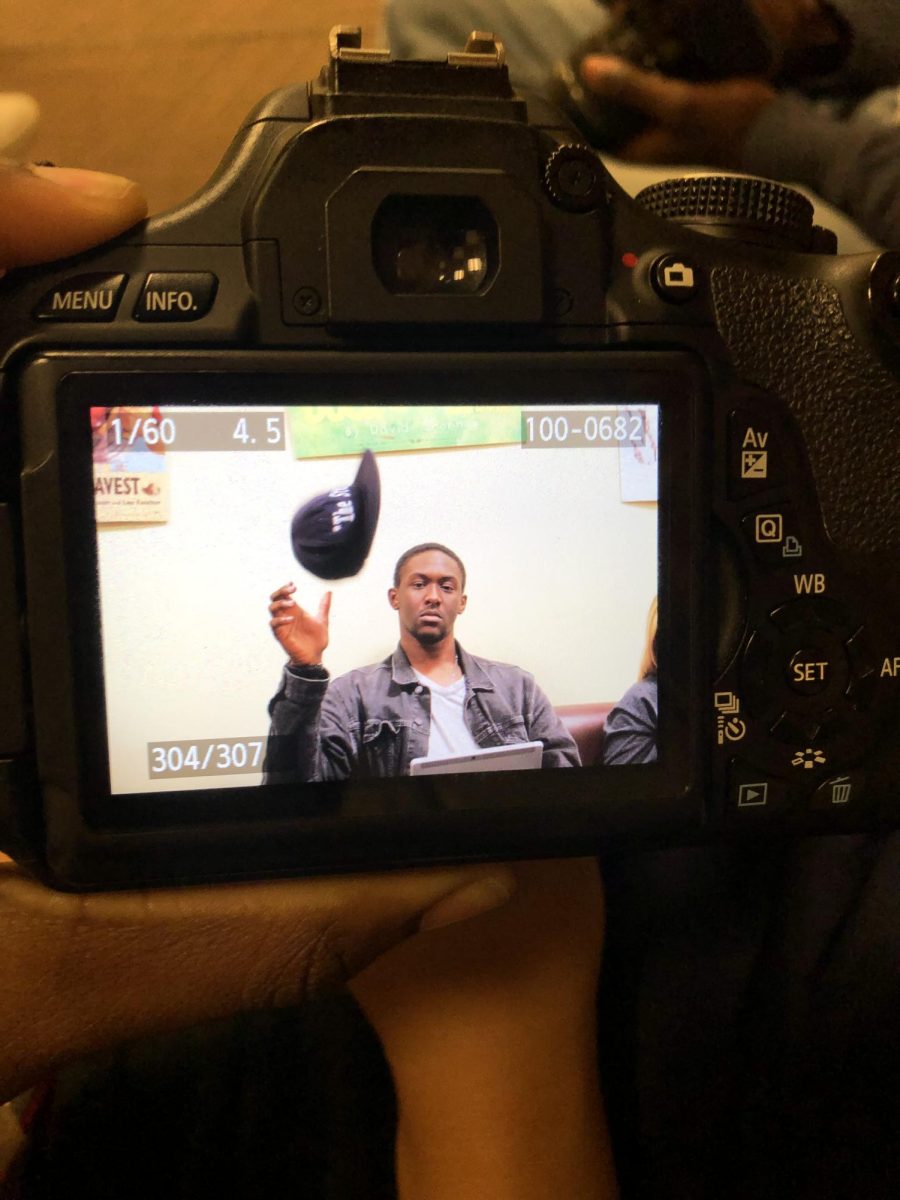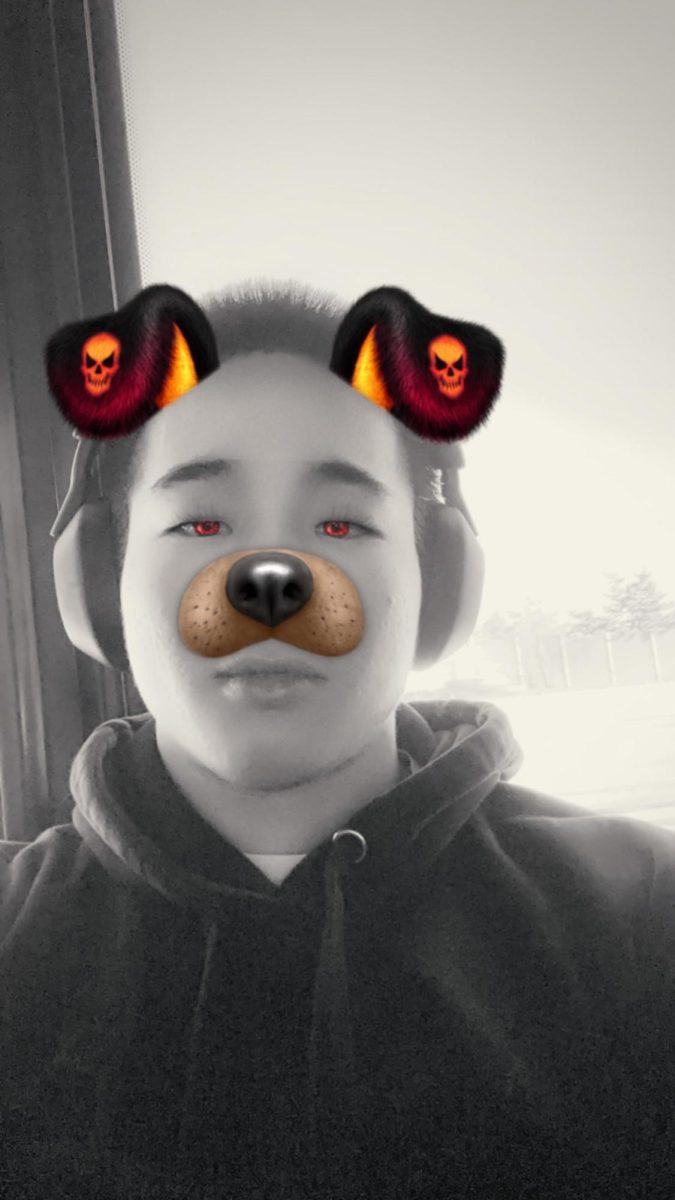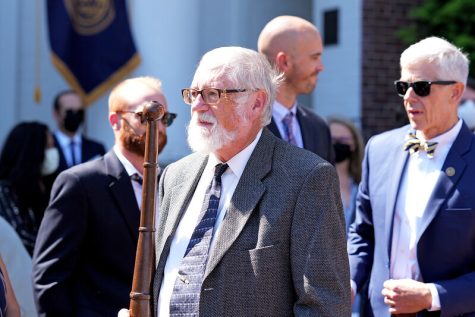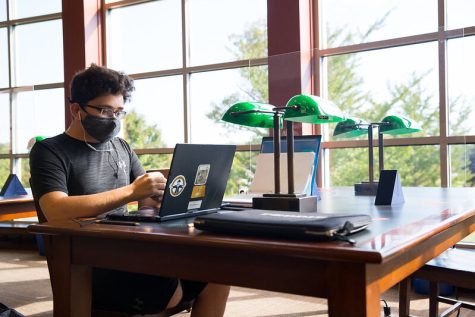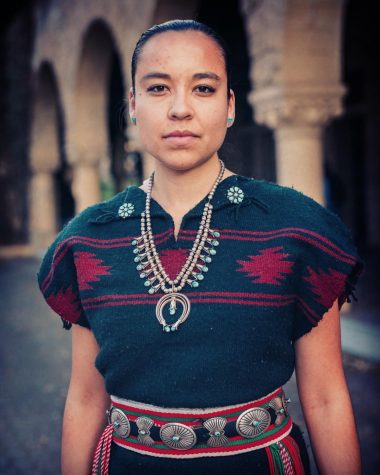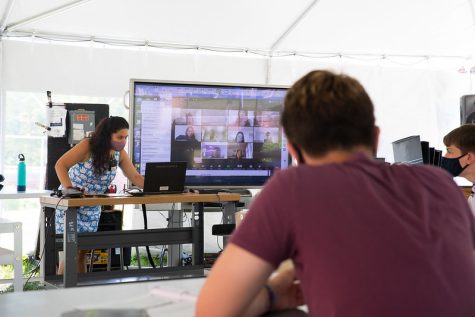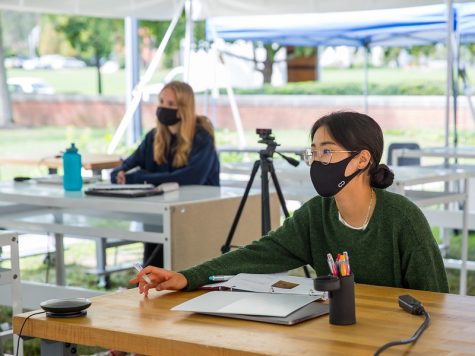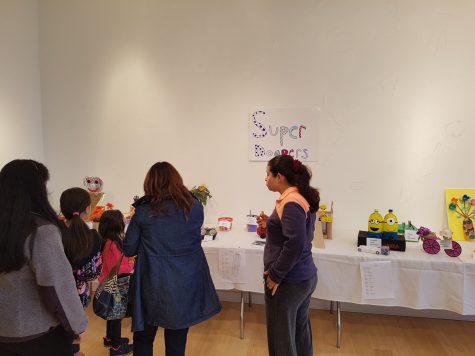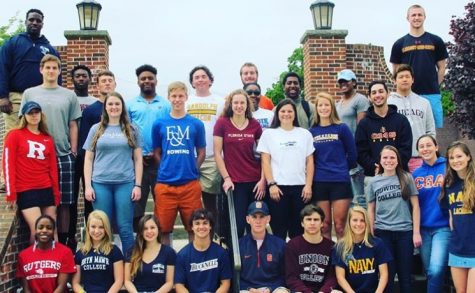Opinion: Political Participation on Campus: is it worth it?
October 14, 2015
Three out of 15. That’s the score I got on the Washington Post’s monthly Politics and Pints quiz, a short quiz based on political and current event knowledge. (To test your knowledge, here it is). I didn’t consider myself completely out of the loop, at least until I took the quiz. After all, I sacrificed a solid chunk of a perfectly good Monday to watch the Carly Fiorina show (Republican Presidential Debate). And I’m taking AP Government here at Peddie. And I enjoy sifting through memes of Hillary Clinton. Where did I go wrong?
Perhaps this might be an indicator. According to an article released by CIRCLE (Center for Information and Research on Civic Learning and Engagement) this year, 19.9% of America’s youth (18-29 year olds) participated in the 2014 midterm elections. This dismally low figure is a record historical low for Americans (the lowest recorded figure in forty years), but also part of a bigger problem, as overall voter turnout dropped to 36.4%. The last time voters posted such low numbers, America was segregated and Hitler was running the show in the Third Reich. Despite America’s post-WW2 economic boom and the mass expansion of voting rights, election statistics have consistently dropped since the end of the Second World War. Chalk it up to increased distrust of government (Watergate, Vietnam), voter apathy, voter ID laws, and a myriad of other factors, but trends show that Americans simply do not vote as much as they did in the past. Exactly “Why?” is a question that eludes simple explanation, but perhaps a more important question is: What can we do about it?
As high school students, the answer lies in political education, or preparation for entering the arena that is known as “national politics.” One of the biggest indicators for political participation is education; citizens with some sort of previous political knowledge infallibly tend to turn out in greater numbers than citizens with no previous knowledge. That’s because the act of voting itself represents an individual opinion, an opinion powerful enough to surpass the lethargy and laziness that keeps non-voters on their sofas. The process required to form an individual political opinion is often overlooked at school, however, as politics are sometimes viewed as an antipode of a well-balanced, objective education. This misses the point though, as high school is an important time of intellectual growth in students, a once in a lifetime chance (literally) for students to grapple freely with ideas.
So what’s the point? Read a news article on Joe Biden’s hair. Join Debate Club. Or the Young Republicans Club. Or the Young Democrats Club . Or join all three. After all, while politics are often a serious issue, they don’t always have to be serious and exposure is always the first step to tackling new ideas. America needs an educated citizenship, and by educating ourselves on political issues, we help the country and delay the day that Nicki Minaj runs for president.

